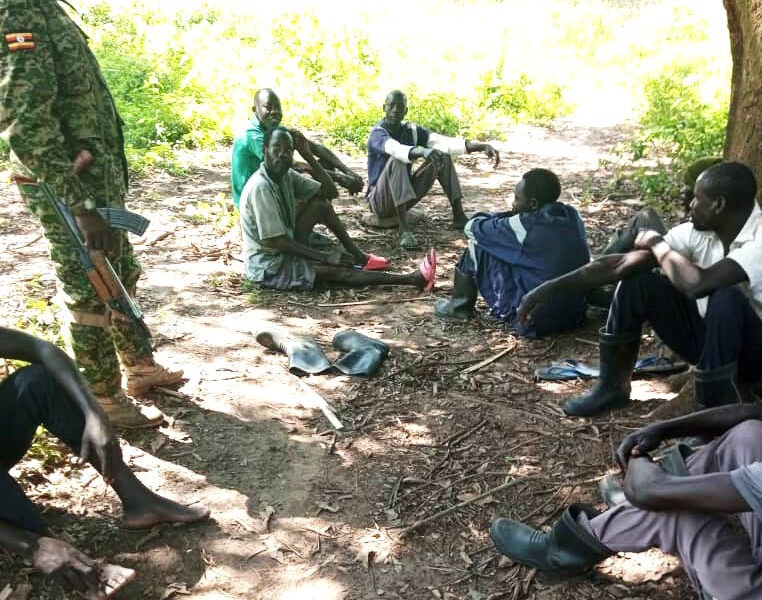By Kei Emmanuel Duku
An independent policy analyst is urging the governments of South Sudan and Uganda to invest in social infrastructure, such as roads, markets, one-stop border posts, and bridges, to reduce the ongoing border conflict that has claimed lives.
The call comes following renewed incursions of Ugandan security forces into South Sudanese territory, particularly in Kajo Keji County and Pogee Administrative Area. Recent reports indicate that Ugandan soldiers have entered the Central and Eastern Equatoria State, torturing and killing civilians.
Alimure A. Awude Amena, an independent policy analyst, in his policy brief titled “Putting an End to Border Disputes between Kajo-Keji County of South Sudan and Moyo District of Uganda,” noted that in the late 1990s, residents from Kajo-Keji sought refuge in Moyo District during the Sudanese civil war, while Ma’di citizens from Moyo sought refuge in Kajo-Keji land, in late 1970s.
Amena stated that for peace and security to prevail, the two governments should establish neutral joint security forces in contested areas like Sunya/A’baya to secure the areas and deter civilian casualties.
He also urged Ugandan forces to withdraw to their original barracks to allow local farmers to cultivate their land without fear of intimidation.
The two countries have engaged in diplomatic negotiations to resolve the border dispute, but many experts say the process has been slow.
In December 2009, Presidents Kiir Mayardit and Yoweri Museveni met along the disputed areas and advised the communities to coexist peacefully.
In 2023, a delegation from the East African Parliament met with leaders from Moyo District and Kajo Keji County to address the drivers of conflict in the region. However, the outcome of this meeting has not yielded any significant results.
Amena suggested that the African Union and other regional blocs like IGAD should complement existing peace strategies to persuade Uganda and South Sudan to respect each other’s sovereignty and adopt diplomatic solutions.
He advocated for the use of traditional chiefs, who are knowledgeable about colonial boundaries, to help define the border.
The new commissioner of Kajo Keji County, Hon. David Lasi Christopher, recently released a letter detailing over 30 villages that belong to Kajo Keji County but have been seized by authorities from Moyo District.
Land and border disputes between the two communities have been ongoing since 2013, with a particularly bloody clash in 2014.
Ugandan officials wanted to conduct a population census in Sunyu village, resulting in loss of life, destruction of property, and the arrest of the Moyo District Local Government Chairperson.
Amena emphasized the need for a fair and impartial evaluation of colonial boundaries and historical evidence to prevent future conflicts. He added that demarcated borders would lead to peaceful coexistence and cooperation.
South Sudan gained independence from Sudan in 2011, but the colonial administrators did not complete the boundary marking.
The British identified the South Sudan border along the tribal border between Kuku of Kajo-Keji and Ma’di from Moyo, while Ugandan counterparts identified the border according to the GIS coordinates of the 1967 Ugandan constitution.
The analyst encouraged the two leaders to consider delimiting and demarcating international borders through the use of maps, and historical data, and initiate regular survey programs. He stressed that this would demonstrate respect for each other’s sovereignty and territorial integrity.
Amena also advocated for the joint construction of cross-border road networks, markets, water points, schools, and bridges to improve the livelihoods of citizens along the borders and strengthen cross-border relationships.
He advised the two nations to avoid undertaking construction ventures independently to prevent mistrust and conflict as has been witnessed in the recent past.
Amena added that the construction of a one-stop border will lead to the generation of revenue which will help raise the standard of living and reduce poverty of the local population.



